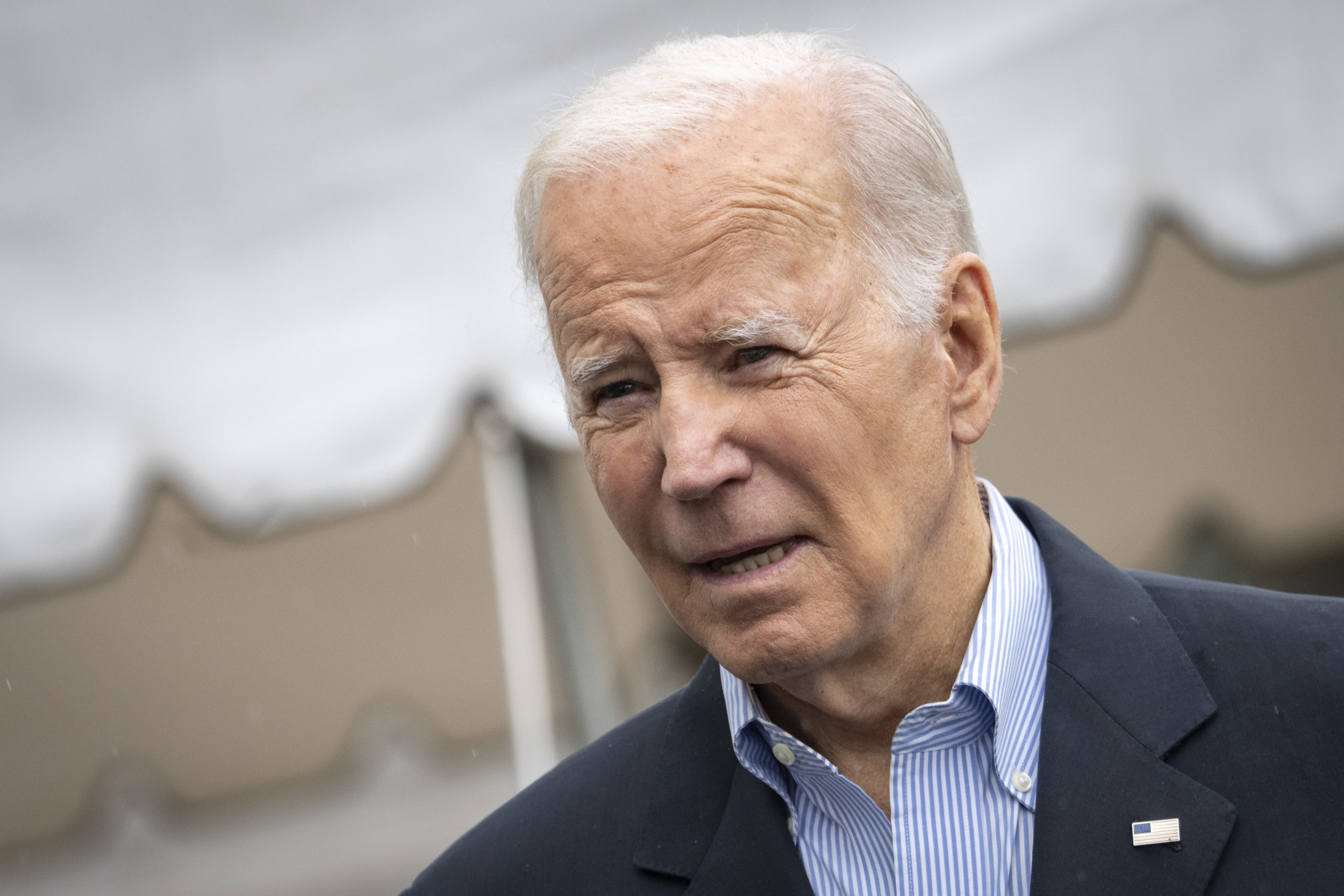Did President Joe Biden just try to influence next month’s midterm elections by making a deal with a foreign power?
Even The Associated Press, which has never exactly been known for Biden-bashing, seems to smell a rat in the “rare, lengthy statement” issued by the Saudi Arabian Foreign Ministry earlier today.
“Saudi Arabia said Thursday that the U.S. had urged it to postpone a decision by OPEC and its allies — including Russia — to cut oil production by a month,” the AP reported. “Such a delay could have helped reduce the risk of a spike in gas prices ahead of the U.S. midterm elections next month.”
You don’t say. What a coincidence!
A statement from the Ministry of Foreign Affairs regarding the statements issued about the Kingdom following the OPEC+ decision. pic.twitter.com/Bo7JVPDzFo
— Foreign Ministry ?? (@KSAmofaEN) October 12, 2022
The outlet was quick to point out that the Saudis’ statement made no direct reference to the midterms, of course, but even the AP could hardly deny the obvious conclusion.
“Holding off on the cuts would have likely delayed any rise in gas prices until after the elections,” it reported.
Now, just because the effect of the requested delay would have been to help Biden’s Democrats in the midterms, that doesn’t mean that was the purpose of the requested delay — or of the “suggested” delay, to use the Saudis’ language as quoted by the report. But let’s be real.
“Rising oil prices — and by extension higher gasoline prices — have been a key driver of inflation in the U.S. and around the world, worsening global economic woes as Russia’s months-long war on Ukraine also has disrupted global food supplies,” the AP said.
“For Biden, gasoline prices creeping up could affect voters.”
Needless to say, if the AP noted the connection between the two, they weren’t alone.
This is just a sample of the reaction from conservative Twitter:
Woah…! The Saudi Foreign Ministry confirms that the Biden Administration asked #OPEC+ to delay their oil cuts by a month – until after the midterm election. https://t.co/BrhsuKPLyD
— Gabriel Noronha (@GLNoronha) October 13, 2022
Wow. The Saudi foreign ministry said that the Biden administration suggested they postpone the OPEC+ oil cuts by a month. This could have meant after the US midterm elections. The statement also follows Democrats in Congress trying to stop new military aid to Saudi. https://t.co/pJFpuXt5Vg
— Adam Lucente (@Adam_Lucente) October 13, 2022
Weaponizing foreign policy for political gain. https://t.co/3lf0a6eTp8
— Richard Grenell (@RichardGrenell) October 13, 2022
Joe Biden pushed Saudi Arabia to keep oil prices low until after midterms, so he could both take credit for their drop and give Democrats more to run on.
Which is clear cut election interference.
Saudi Arabia told him both to piss off and America to get their act together.
— JD Sharp (@imjdsharp) October 13, 2022
This is impeachable. To attempt to coerce a foreign nation to not cut oil production so you can dupe American voters until after the election. #QuidProJoe. https://t.co/6bYjrzjRdP
— Carmine Sabia (@CarmineSabia) October 13, 2022
Biden’s White House, of course, wasn’t going to take this lying down.
The administration launched into immediate action — by claiming that’s not what they meant and, besides, everybody else was doing it.
“We presented Saudi Arabia with analysis to show that there was no market basis to cut production targets, and that they could easily wait for the next OPEC meeting to see how things developed,” said John Kirby, coordinator for strategic communications at the National Security Council, according to the AP. “Other OPEC nations communicated to us privately that they also disagreed with the Saudi decision, but felt coerced to support Saudi’s direction.”
Remind me why House Democrats impeached former President Donald Trump over that phone call to Ukraine; wasn’t it something about trying to influence the actions of a foreign nation for partisan political gain?
Gee, it’s amazing how much better things are now that the adults are back in charge in D.C.
This article appeared originally on The Western Journal.

























 Continue with Google
Continue with Google